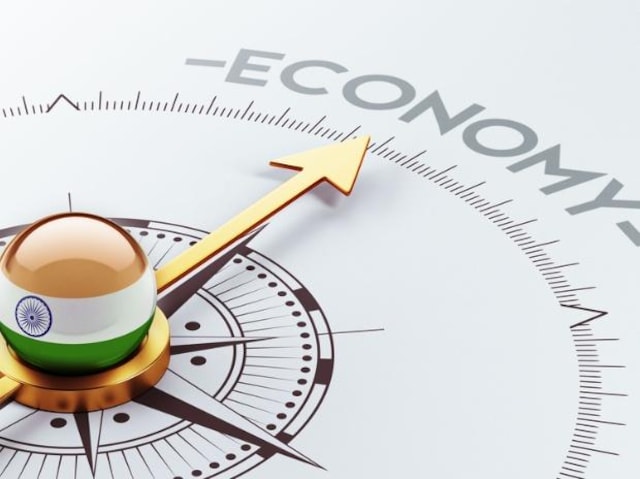India is appealing for investment since it is well-positioned in terms of macroeconomics and profitability. Smallcaps are appealing both in terms of profits and value. Emerging countries markets, particularly Latin America and India, remain appealing for global asset allocation.

Rapidly moving market
In an interview with CNBC, Ashok Hinduja, Chairman of the Hinduja Group, said that India is a tremendous market and the “best bet” in the world economy. The chairman predicts a recession in the biggest economies, but he is optimistic about India, referring to it as “the very enormous developing.”
The Hinduja Group has its headquarters in India, but it also has operations in close to 40 other countries, including the United States, the United Kingdom, and Switzerland. Ashok Leyland, one of India’s top producers of commercial vehicles, is its principal enterprise.

In the wake of the Russia-Ukraine war, global inflationary pressures have severely hurt the US and European markets, but Indian equities indexes have been outperforming their international rivals.
Concerns about recessions in various regions of the world are growing as a result of rising energy prices. This has caused many to flee for safety to developing nations like India.
Uday Kotak, chief executive of Kotak Mahindra Bank, also spoke on the topic of the global economic order on September 19 and stated that India is at a tipping moment. The renowned banker stated that China, Europe, and the UK are having difficulties with geopolitics and economies whereas India has successfully navigated geopolitics.
However, Kotak has emphasized that for India to separate itself from the EM pack and progress toward its aim of being a stand-alone investment destination, it must effectively control inflation and growth. In reality, as economies strive for monetary tightening, including a likely 50–75 basis point increase by the US Federal Reserve in this week’s September policy meeting, inflation has grown to be a significant worldwide issue. Consumer inflation in India was 7 percent in August compared to a multi-year high of 7.8 percent in April of this year.
Uday Kotak applauded recently when India overtook Britain to take over as the fifth-largest economy in the world, but he also provided a sobering reality check on the “population denominator”. The proud occasion for India to surpass the UK, our former colonial master, as the fifth-largest economy: India’s $3.5 trillion vs. the UK’s $3.2 trillion, Kotak said. India’s GDP per capita is lower since it has a population that is 20 times larger than the UK’s.

Western economies are currently experiencing extreme volatility, and rising energy costs are providing growth hurdles. Contrary to the general trend, it was said that India’s most recent GDP figures showed a resilient and robust economy when compared to other comparable economies in the emerging markets sector.
Emkay Wealth Management, a financial services company, stated that while selling by foreign investors has happened in all emerging countries, the degree of currency depreciation in the case of the local economy is also substantially less. It also added that the rise in interest rates is the market’s top immediate concern.
According to IMF predictions, India passed the UK to take over as the fifth-largest economy in the world, presently trailing only the US, China, Japan, and Germany. India was placed 11th among the major economies a decade ago, while the UK held the sixth spot.













